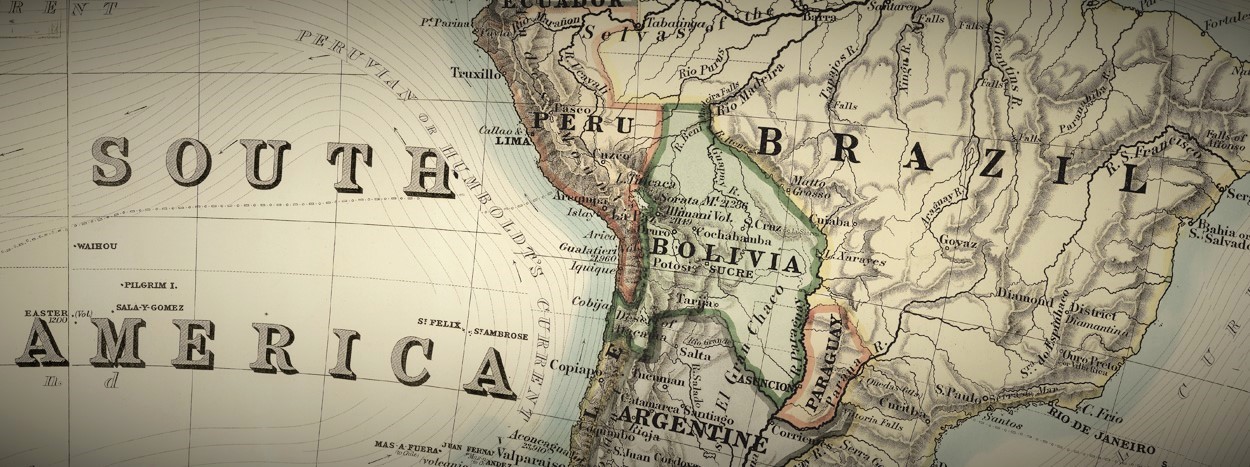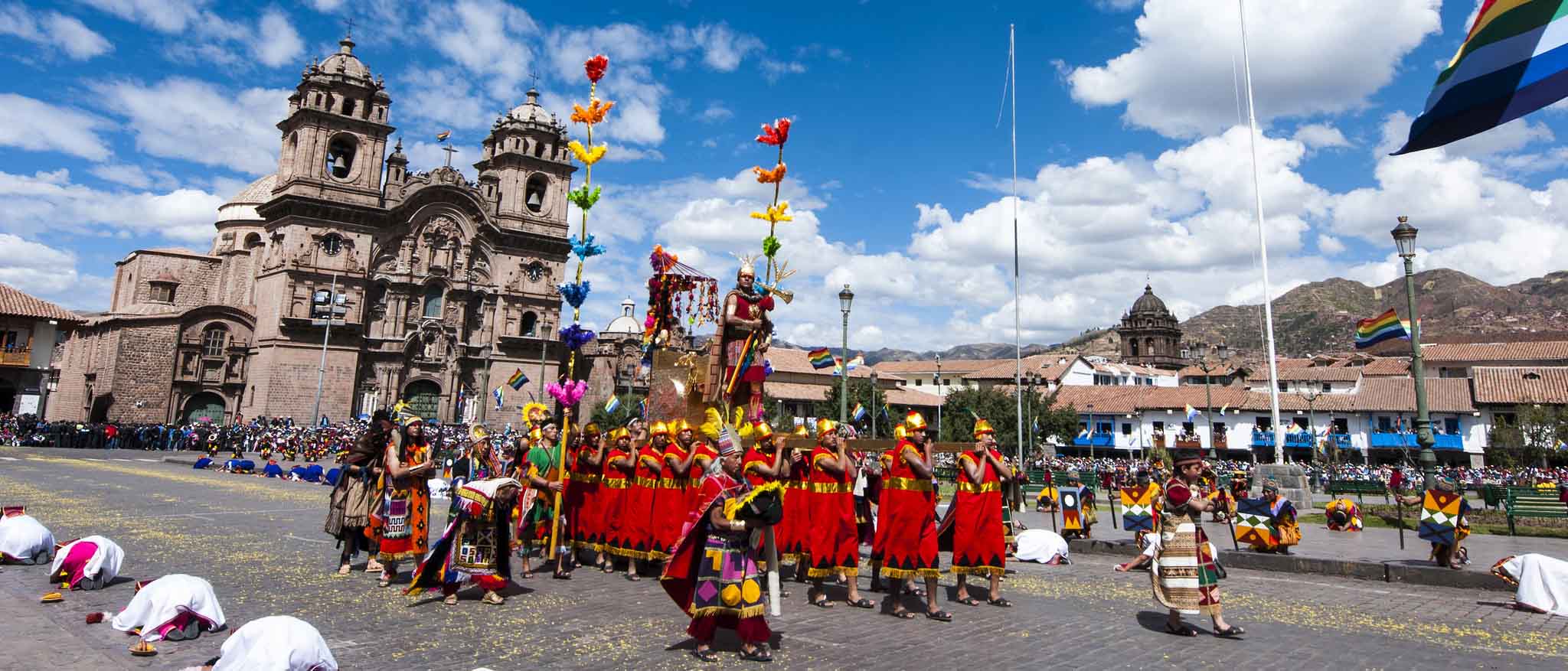Climate
Bear in mind that seasons are reversed in the southern hemisphere; summer is from December to February, and winter from June to August.
The northern region including Arica, Iquique and San Pedro de Atacama, is best visited from March through November, as the summer is quite rainy.
The ideal period to discover Chilean Patagonia is October through March, but it can be cold year-round – it all depends on the amount of sunshine!
The capital, Santiago de Chile, and its surrounding area benefit from a Mediterranean climate. June, July and August are the most humid months in the region.
Time difference between the USA and Chile
Mainland Chile and Easter Island are in separate time zones
Eastern Standard Time: Chile is one hour ahead of EST (Easter Island is one hour behind EST)
Central Standard Time: Chile is two hours ahead of CST (there is no time difference between Easter Island and CST)
Mountain Standard Time: Chile is three hours ahead of MST (Easter Island is one hour ahead of MST)
Pacific Standard Time: Chile is four hours ahead of PST (Easter Island is two hours ahead of PST)
Daylight Savings Time in Chile is observed in April and September
Language
Spanish has been the official language of Chile since the 16th century and Spanish colonization, as in most South American countries. Nonetheless, many indigenous languages have endured from pre-colonial times, such as Quechua and Aymará in the northern Andes, Mapudungun in Patagonia and Rapanui on Easter Island. .
Currency
The Chilean Peso (CLP) is the official currency of Chile. 1 dollar is worth about 600 pesos (April 2018).
We recommend that you verify the exchange rate before leaving for your trip.
When to travel to Chile
With a diverse territory extending far from the north to the south, Chile can be visited year-round. Chilean Patagonia is best visited from October through March, as the days are at their longest and tend to be slightly warmer. Travel in the north is most enjoyable from February to December.
Health and Vaccinations
There are no obligatory vaccinations for travel to Chile. However, it is advisable to verify the validity of all routine vaccinations. The CDC recommends hepatitis A and typhoid vaccinations prior to departure for most travelers, as well as hepatitis B and rabies vaccinations for certain destinations.
For more information, visit the CDC’s Health Information for Travelers page :
wwwnc.cdc.gov/travel/destinations/list/
Security
Chile is one of the safest countries to visit in South America. Nonetheless, it is advisable to pay attention to your surroundings and belongings while in the capital, Santiago de Chile, particularly when on small, less frequented streets and alleys.
Do I need a visa to travel to Chile?
US citizens do not need a visa for stays of fewer than 90 days in Chile. You will need a valid passport with at least one blank page for the entry stamp. Upon arrival in Chile, you will be given a Tourist Card valid for 90 days, which you must return upon departure.
American Embassy in Chile
Av. Andrés Bello 2800
Las Condes, Santiago, Chile 7550006
+562-2330-3000
Chilean Embassy in the USA
1736 Massachusetts Ave NW,
Washington, DC 20036
202-530-4104



